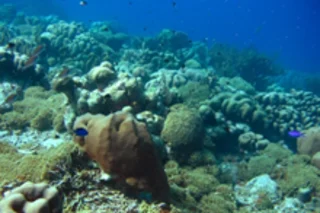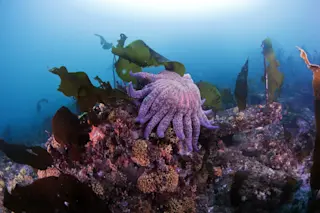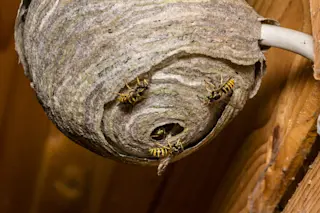Scientists have long known that coral reefs are being threatened by disease, global warming and other factors. Now a new study shows that that majority of Caribbean reefs have, in fact, been "flattened" in the past four decades, as ornate branched corals have died out and been replaced by flatter, fast-growing "weedy" species.
Most of the reefs have lost all the intricate, tree-like corals that until the 1970s provided sanctuary for unique reef fish and other creatures, as well as protecting coastlines by sapping the energy of waves [New Scientist]
, according to the report, published in the journal Proceedings of the Royal Society B. The coral reefs that were initially the most complex have almost been completely eliminated, says the researchers, who
analysed changes in the structure of reefs using 500 surveys across 200 reefs conducted between 1969 and 2008. They found that 75 per cent of the reefs ...














